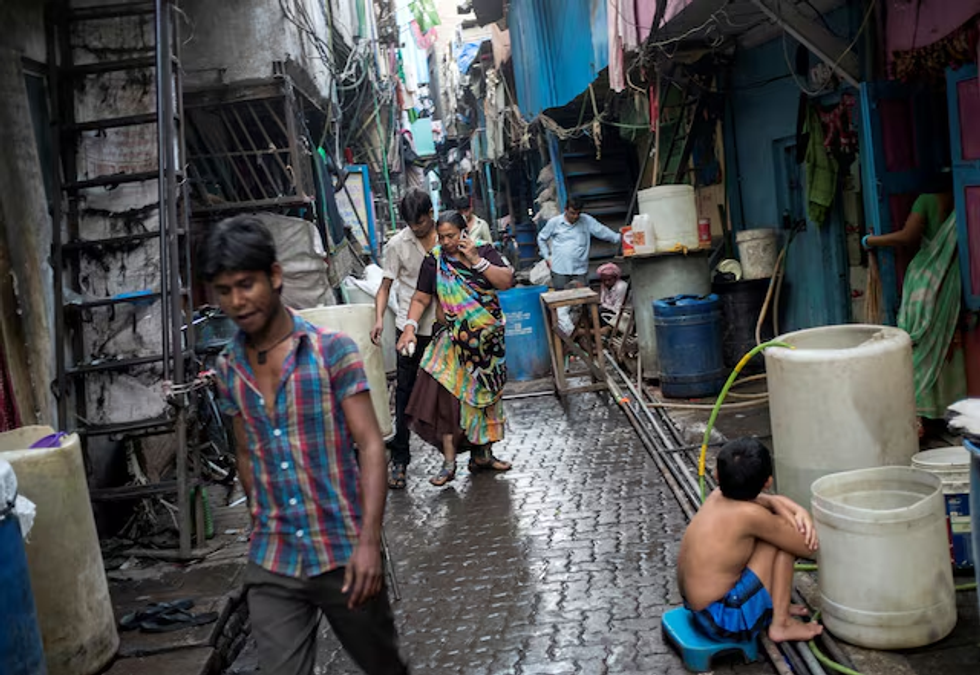Goal to end extreme poverty by 2030 'out of reach': World Bank
Experts warn of a 'lost decade' in poverty reduction, citing multiple global challenges
AFP
News Agency Partner
AFP is a renowned international news agency, delivering comprehensive and reliable reporting on global events, trends, and issues.

An atrium is seen at the World Bank headquarters building in Washington, U.S., October 14, 2017.
Reuters
Extreme poverty affects 8.5% of global population, expected to remain high by 2030
Poverty reduction stalled due to slow growth, COVID-19, and climate shocks
Future poverty alleviation requires low-carbon economic growth strategies
A global target of ending extreme poverty by 2030 is "out of reach," said the World Bank on Tuesday, adding it could take three decades or more to do so.
"Global poverty reduction has slowed to a near standstill, with 2020–30 set to be a lost decade," according to a new report assessing progress on eliminating poverty after the Covid-19 pandemic.
The world is experiencing serious setbacks after decades of progress, noted World Bank senior managing director Axel van Trotsenburg.
This comes amid overlapping challenges including slow economic growth, the Covid-19 pandemic, as well as climate shocks.
He warned that with these crises, "a business-as-usual approach will no longer work."

Almost 700 million people, or 8.5 percent of the global population, live on less than $2.15 daily -- the threshold for extreme poverty.
This is set to remain at 7.3 percent in 2030.
Today, extreme poverty remains concentrated in countries with low growth and fragility, many in Sub-Saharan Africa, the World Bank said.
44 percent of the world's population lives on below $6.85 a day, which is the poverty line for upper-middle-income countries.
"The number of people living under this poverty line has barely changed since 1990 due to population growth," the bank noted.
It added that "future poverty reduction requires economic growth that is less carbon emissions-intensive than in the past."
Nearly one in five people are expected to be hit by a severe weather shock in their lifetime, and will struggle to bounce back from it, according to the World Bank.










Comments
See what people are discussing